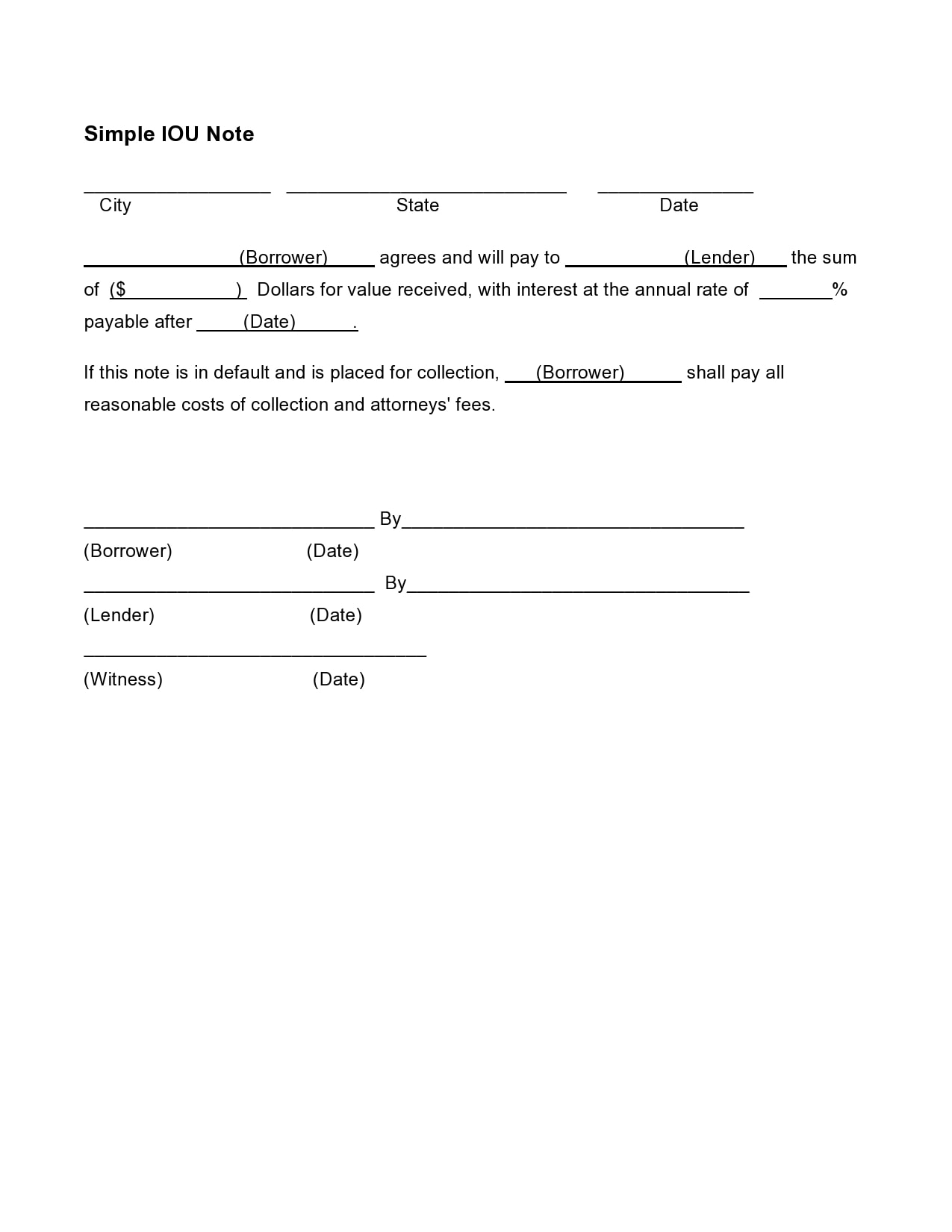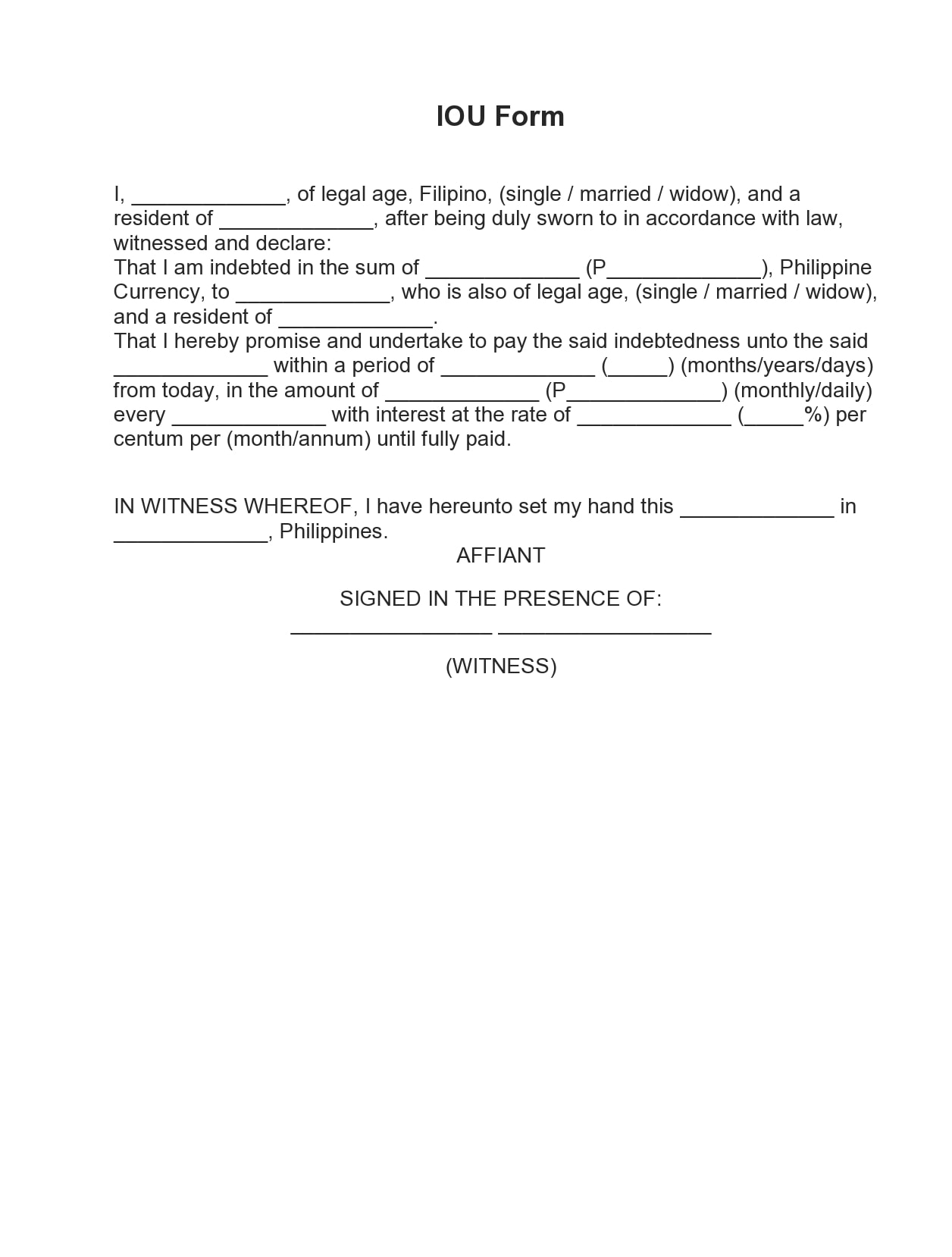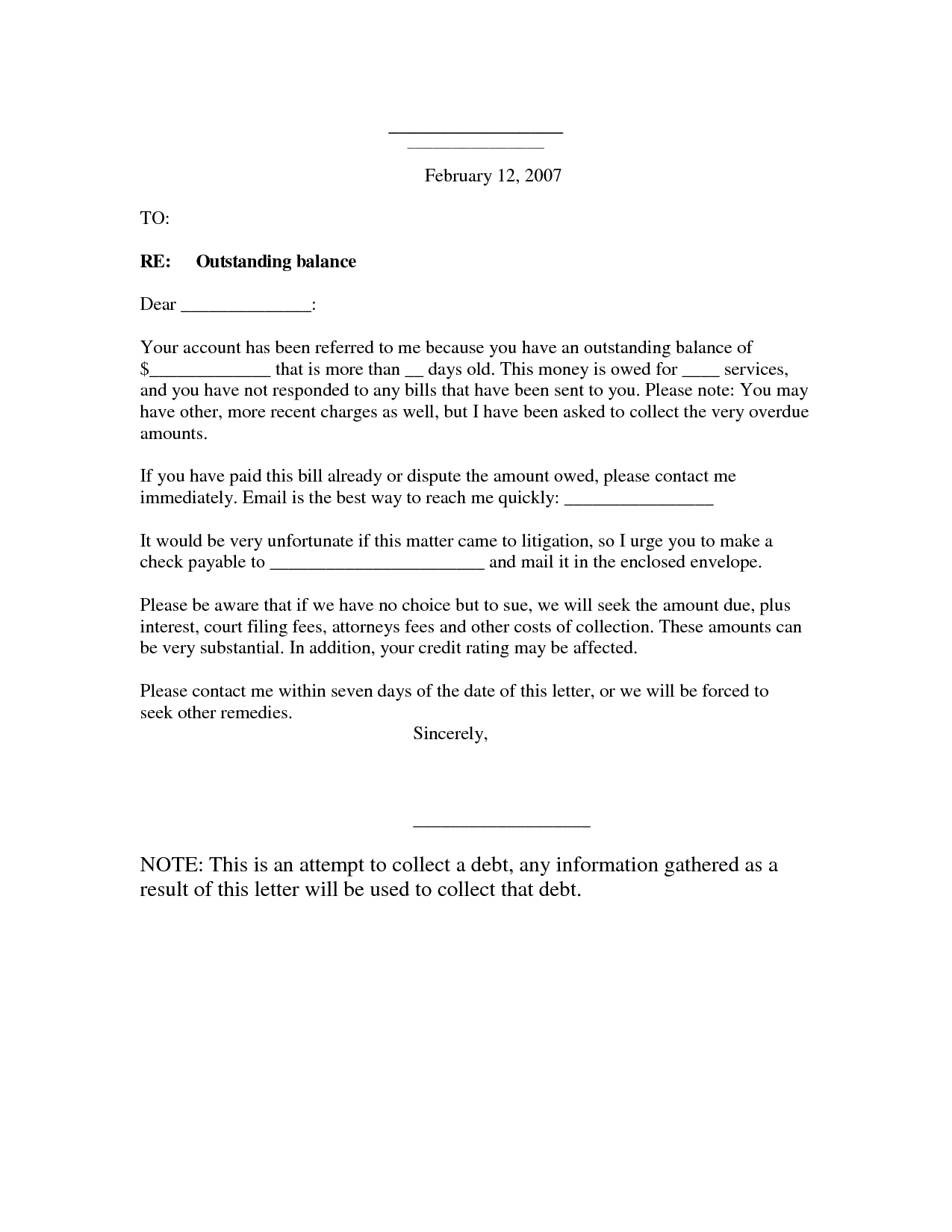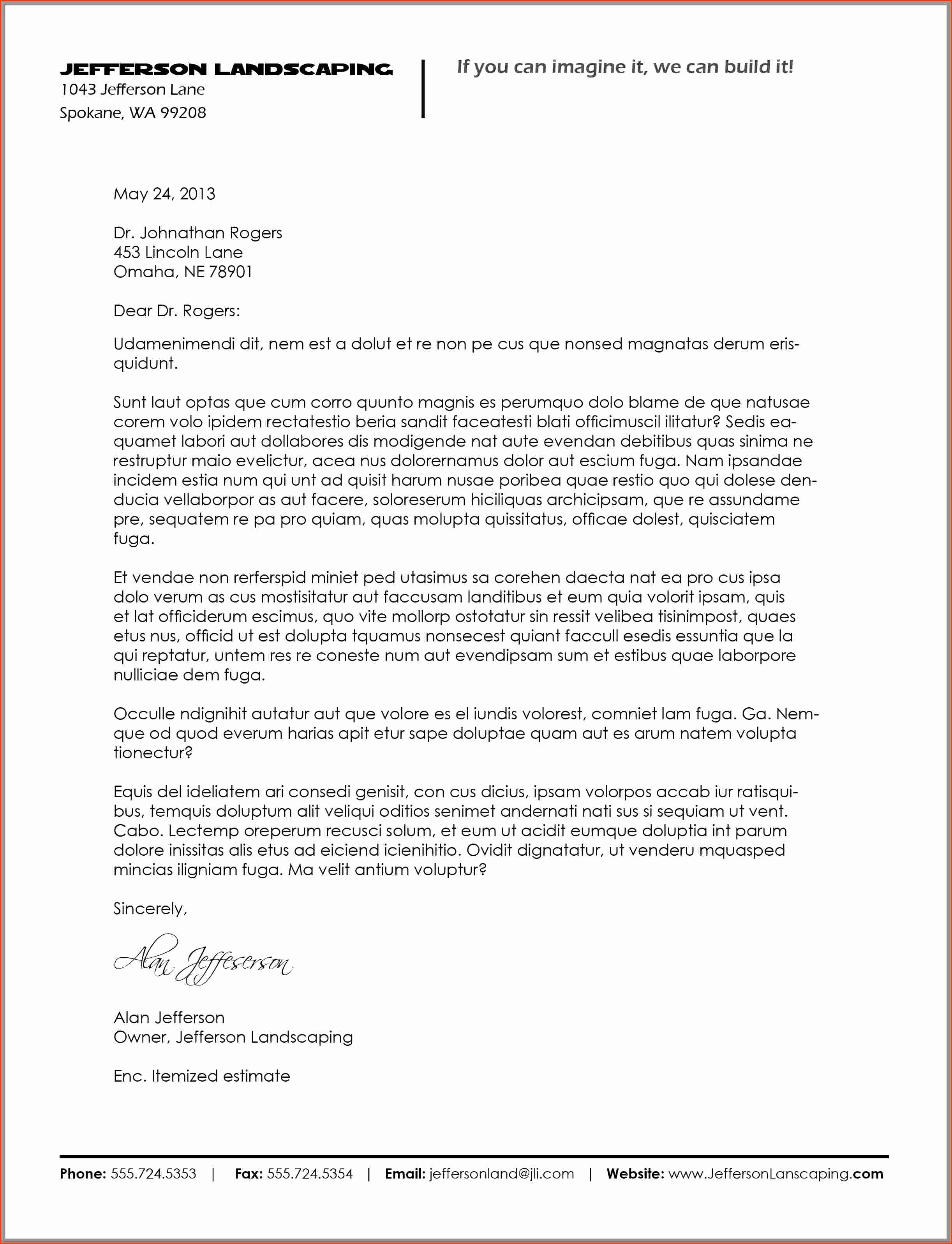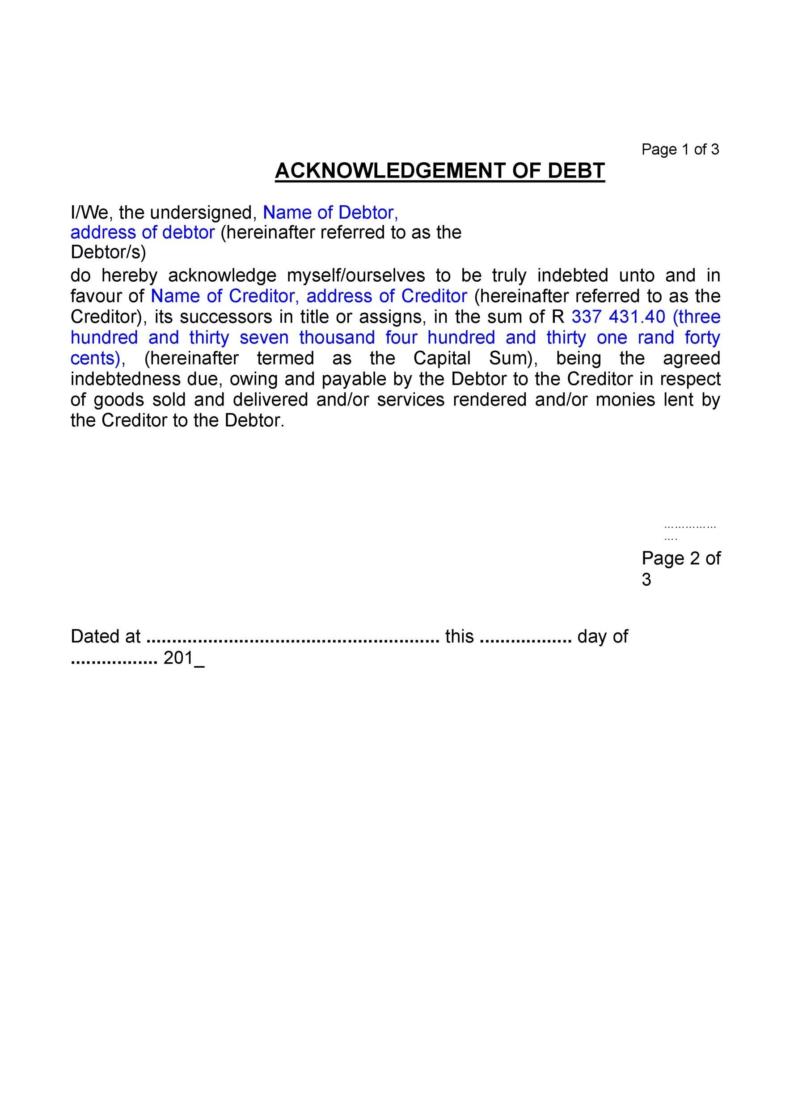Divine Info About How To Write An I Owe You

Typically, these sorts of loan.
How to write an i owe you. Note:ious are not the same as promissory notes. Here is the short answer: An i owe you , generally expressed using the initials iou , is an informal document that states the terms and agreements of a loan between two parties.
An iou letter, from the words “i owe you,”is a note acknowledging that the debtor has a debt to the creditor or lender. How to write an iou letter. Make your free iou form.
It can be in a form of an iou template that can be found on the internet. Nearly 153,000 student loan borrowers currently enrolled in a new repayment plan launched by the biden administration are expected to get an email wednesday. Treasury bonds, on the other hand, accrue.
'i owe you' is a phrase you use to tell a person or people you are in debt to them or that you appreciate something they did for you. Begin by writing the date at the top of the iou. Just a quick reminder that i’ll need that cash i loaned you the other day for [insert what you need it for].
Write or call the white house; Here’s what to know about trump’s massive civil judgments. It is a simple and commonly used.
I owe you template. Basically, an iou, an abbreviation for the words “i owe you,” and more formally known as a “debt acknowledgement form,” is one party’s pledge to repay a debt. A template of an i owe you agreement, a written document acknowledging the debt of one party to another.
Fill forms in a few steps. Identify the parties to the agreement. A more formal agreement than a promissory note.
Name the borrower and the lender. An iou template is a preformatted. It is a letter of promise.
This makes it easy to track when the transaction took place, and helps. An i owe you (iou) template is valuable for documenting informal debts or promises. Owe more than they borrowed, first entered repayment 20 or 25 years ago, attended low quality programs, and who.
When to use an iou template. An “i owe you,” commonly known as an iou, is a simple agreement made between two parties who need to establish the terms of a loan. The truth couldn’t be further from that.

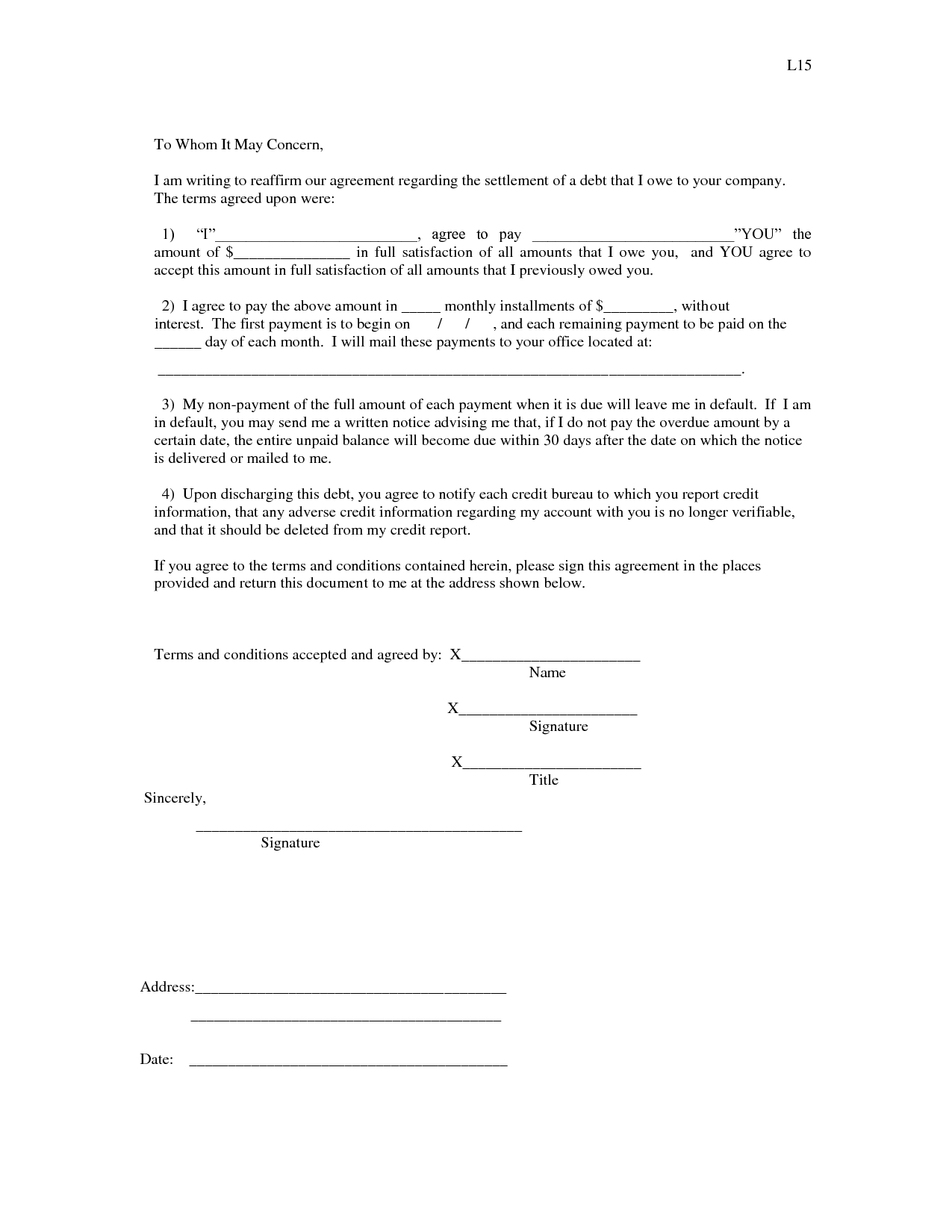
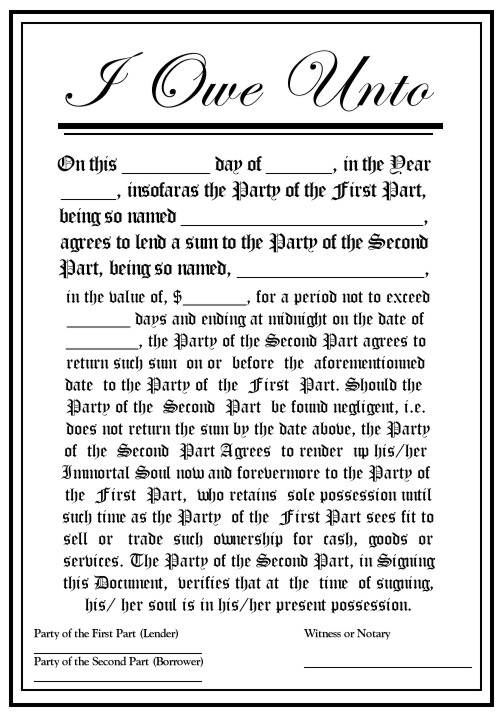
![28 Free IOU Templates & Forms [I Owe You] TemplateArchive](https://templatearchive.com/wp-content/uploads/2020/08/iou-template-01.jpg)

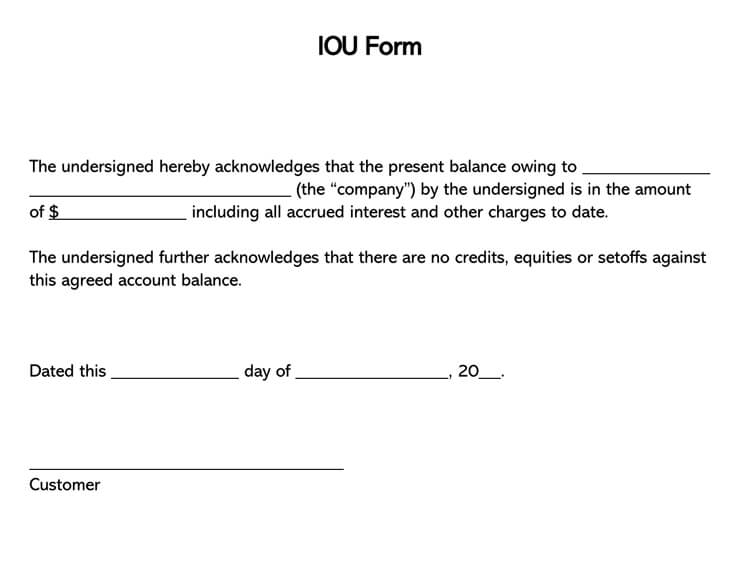
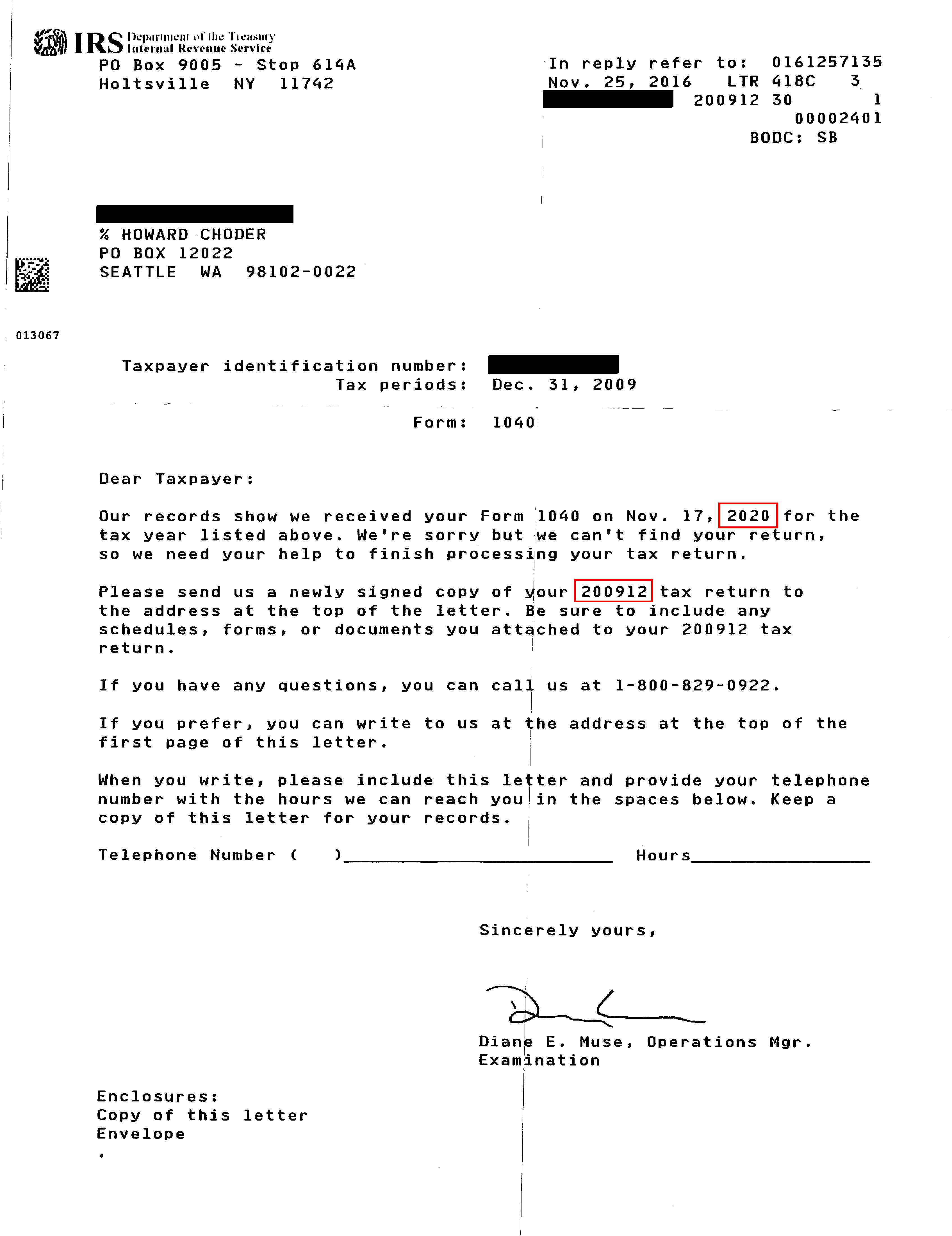
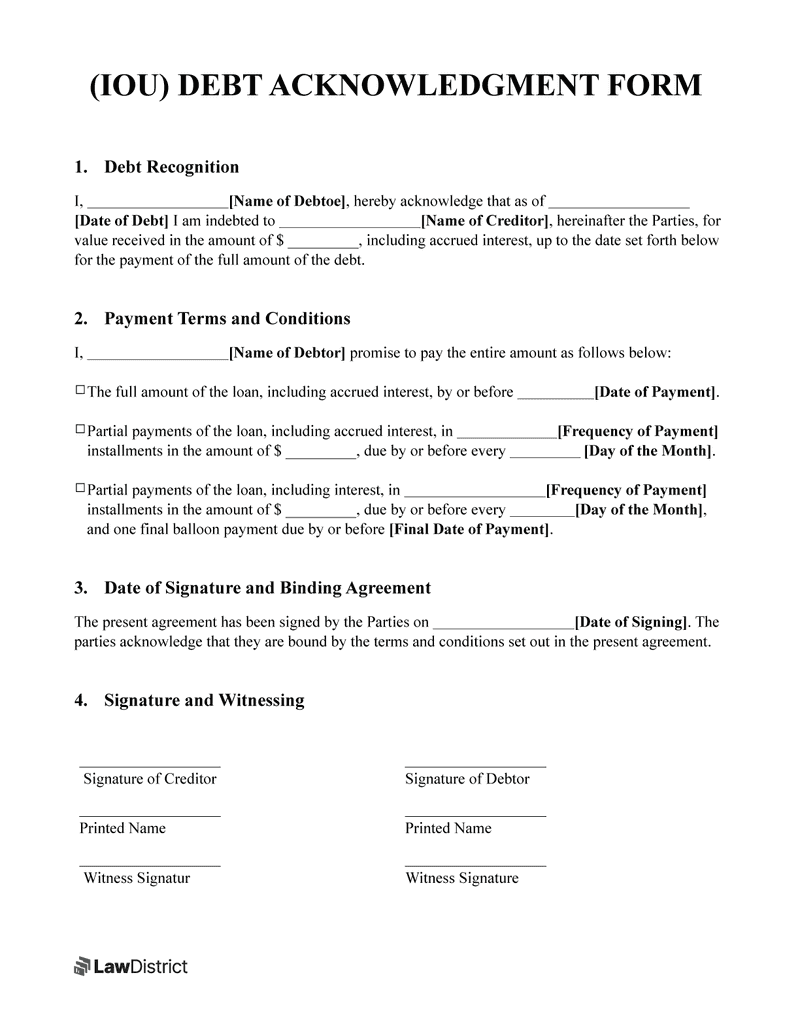


![28 Free IOU Templates & Forms [I Owe You] TemplateArchive](https://templatearchive.com/wp-content/uploads/2020/08/iou-template-02-1187x1536.jpg)
